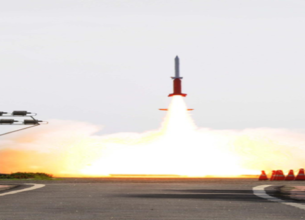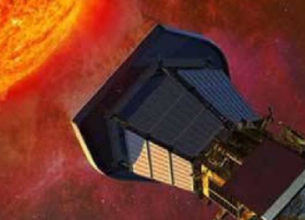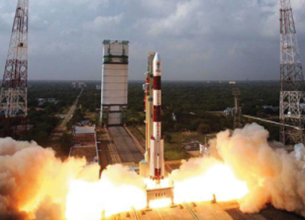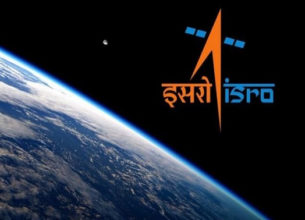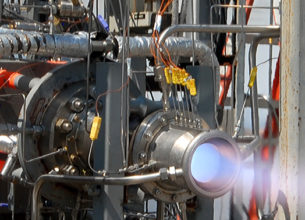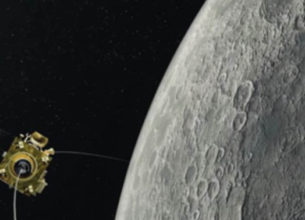PSLV-C48/RISAT-2BR1
12, Dec 2019
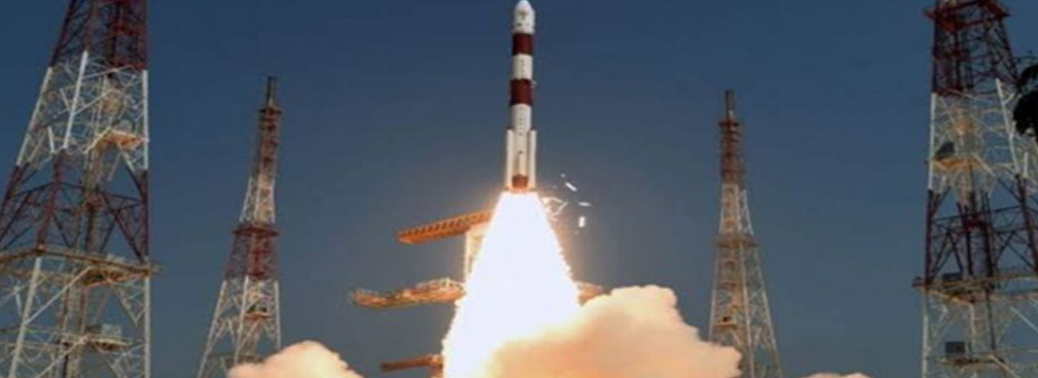
Prelims level : Space Technology
Mains level : GS-III Awareness in the fields of IT, Space, Computers, robotics, nano-technology, bio-Technology and Issues Relating to Intellectual Property Rights.
Why in News?
- PSLV-C48 successfully launched RISAT-2BR1 and nine commercial satellites from Satish Dhawan Space Centre (SHAR), Sriharikota.
About the Launch:
- India’s Polar Satellite Launch Vehicle, in its 50th flight (PSLV-C48), successfully launched RISAT-2BR1, an earth observation satellite, along with nine commercial satellites of Israel, Italy, Japan and USA from Satish Dhawan Space Centre (SDSC) SHAR, Sriharikota.
- These satellites were launched under commercial arrangement with New Space India Limited (NSIL), the commercial arm of Indian Space Research Organisation (ISRO).
- It was PSLV’s 50th flight and 48th successful flight since its first successful launch in 1994.
- It was the 75th launch from Sriharikota.
- This was the 2nd flight of PSLV in ‘QL’ configuration (with 4 solid strap-on motors).
- With this, ISRO has launched a total of 319 foreign satellites from 33 countries since the first launch in 1999 when PSLV-C2 carried satellites from Germany and South Korea.
About PSLV:
- PSLV is an expendable medium-lift launch vehicle designed and operated by ISRO.
- The PSLV, which has a history of successful launches of payloads that include Chandrayaan-1, Mars Orbiter Mission and the space recovery mission.
- The PSLV had helped take payloads into almost all the orbits in space including Geo-Stationary Transfer Orbit (GTO), the Moon, Mars and would soon be launching a mission to the Sun
- Initially, the PSLV had a carrying capacity of 850 kg, and over the years it has been enhanced to 1.9 tonnes.
- The PSLV has failed only twice in its history — the maiden flight of the PSLV D1 in September 1993 and the PSLV C-39 in August 2017.
About RISAT-2BR1:
- RISAT-2BR1 is radar imaging earth observation satellite carrying X-band synthetic aperture radar, an Indian version of Israel’s TecSAR satellite, with radial rib reflector 3.6 metre mesh antenna.
- The satellite weighs about 628 kg. The mission life of RISAT-2BR1 is 5 years.
- The satellite will provide services in the field of Agriculture, Forestry and Disaster Management.
- It is believed that RISAT-2BR1 along with Cartosat-3, a remote sensing satellite which was launched on November 27, 2019, will also be used for Military Reconnaissance.




